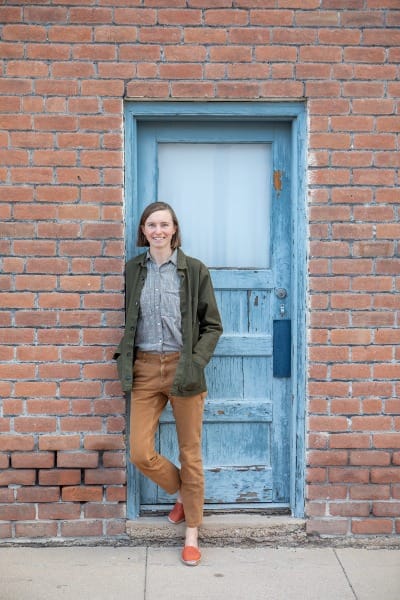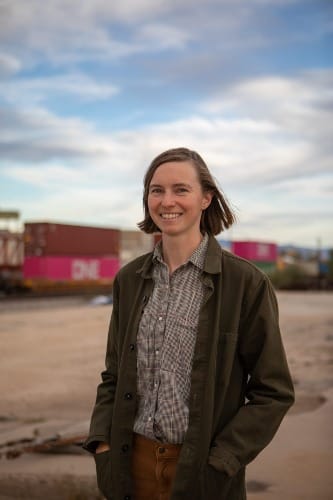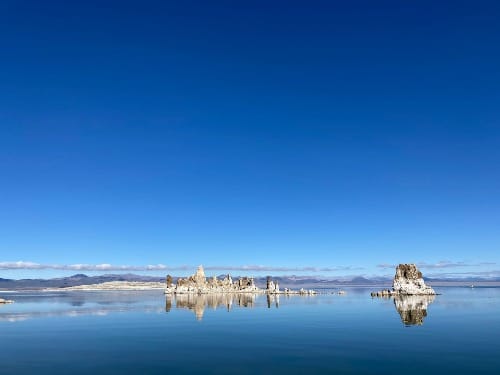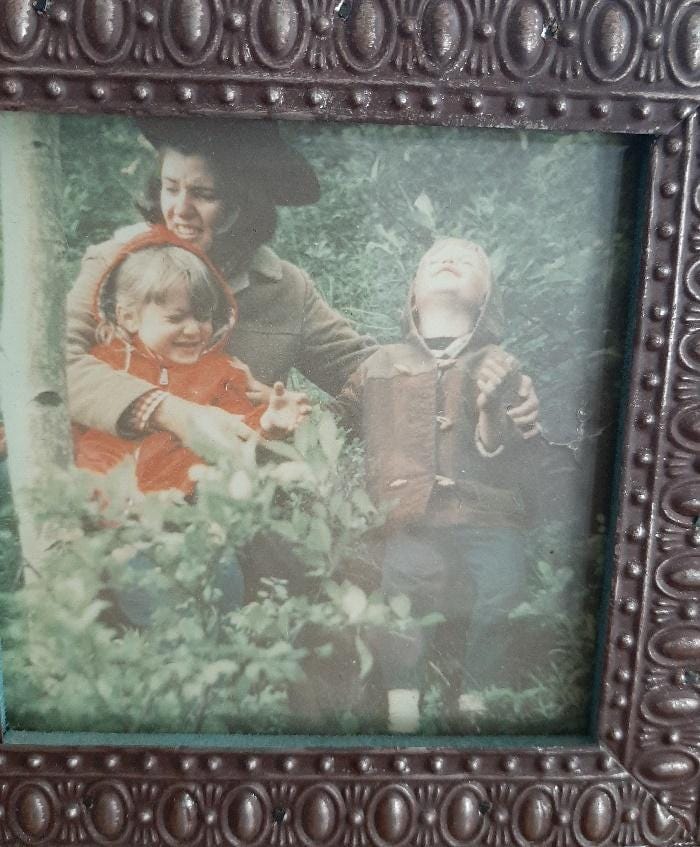The Making of a Borderlands Journalist
The Odysseys of Caroline Tracey

Introduction
Years ago before the complete social media saturation that makes it harder to find connections, Caroline Tracey and I discovered each other and our shared interests in the western environment in academic, journalistic, and essayistic forms. When I transitioned away from academic writing to freelancing, I pitched her a couple pieces and got to know her as an editor. (Incidentally, both pieces got picked up by major US newspapers, a testament to her skill as an editor!) I have followed her work with interest and when I heard this podcast interview with her, I realized I wanted to know more.
Caroline is a writer and journalist with a PhD in geography, She studied literature as an undergraduate, however, and had been writing publicly since her undergraduate days. She grew up in Denver, studied in Connecticut, spent time abroad, before going to Berkeley for graduate work, and now lives mostly in Tucson but spends months in Mexico, too. This life experience and her committed work helps Caroline develop a "beat" that focuses on the US Southwest, Mexico, and the borderlands.
Next year, Caroline's first book, Salt Lakes: An Unnatural History will appear with Norton.
The Making of a Journalist, Circuitously
Follow Caroline's bylines and you will follow things that move—people, birds, bodies of water. Her interest was kindled early.
I grew up in Denver. I feel like I had an environmental consciousness and concern from a pretty young age. Growing up there where people were talking about environmental issues frequently—water, land conservation, urban sprawl. Those things were on my radar from the time I was a kid. Especially my grandfather, I think, was pretty engaged in those conversations and debates.

She also loved literature, which she studied at Yale University.
I always wanted a way to combine my interest in the environment and my interest in literature. I feel like in my career now, I get to do that.
That is not to suggest Caroline followed a straight path. During her undergraduate years, she started writing and entering stories in contests. At one point while in Denver, she began reporting on gentrification and environmental justice, work that eventually ended up in The Guardian and The Nation.
She spent a year working on a cattle ranch. Another one in Central Asia. Along the way, she gathered information and "weird experiences." During a semester off, she met someone who had earned a PhD in geography at Berkeley, and what he described sounded like it could help Caroline do the sort of research about the American West she wanted to be doing. So she found her way to California.
For many, if not most, people seeking a PhD, an academic life is what attracts them. But not so for Caroline.
I didn't have a great sense of what it meant to be an academic. Obviously you learn over the course of graduate school what it entails, what even something that seems so obvious now like, what is the difference between a popular article and an academic article. I just didn't have a great sense of what academic scholarship and argumentation and writing really was. It was a good opportunity to learn those things, but I think I had the persistent feeling that what I wanted to do was to learn the skills and information and apply it to more journalistic and creative types of work.
Learning research methods—such as archival research, social science interviews, and participant observation—is highly valuable for her journalism and other writing. And, surprising me, she sang the praises of literature reviews as a good journalism training:
I think doing a lit review is a really beneficial skill. You don't use it in the same way—you don't summarize it explicitly in your article. But you do sometimes summarize the facts.


